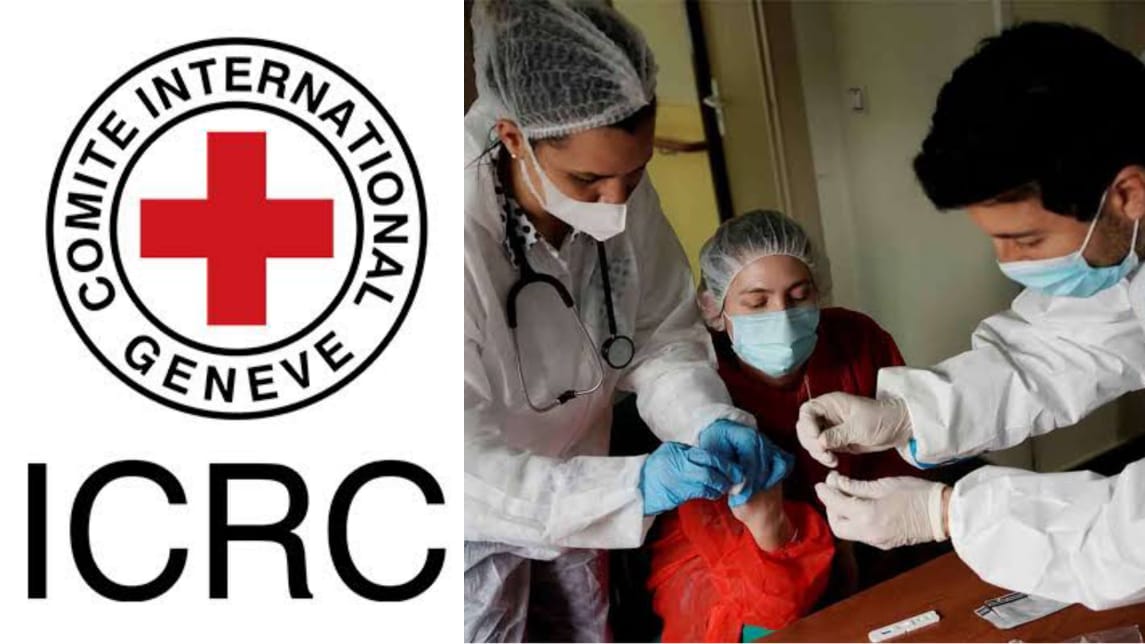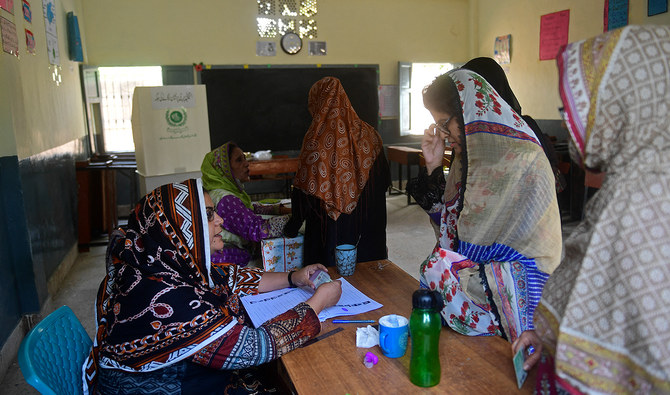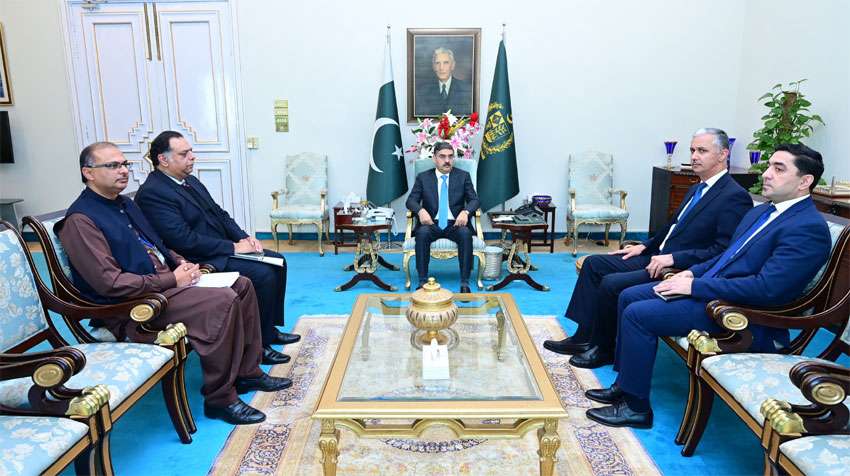Nawaz Sharif
A new study revealed that over 41 percent of health-care workers in three cities of Pakistan faced some form of verbal and physical violence while battling the Covid19 pandemic.
According to details, the study has been conducted by APPNA Institute of Public Health (Jinnah Sindh Medical University, Karachi), University of Lahore and Khyber Medical University with the support of the International Committee of the Red Cross (ICRC).
The study surveyed 356 health-care workers, including, doctors, paramedics and laboratory technicians, from 24 health-care facilities in Lahore, Karachi, and Peshawar.The study was conducted in May and June of 2020 during the peak of the first wave of the coronavirus in Pakistan.
Heads the Health Care in Danger (HCiD) initiative of the ICRC, Dr. Mirwais Khan has said that there is an erosion of trust between patients and health-care workers in Pakistan. We needed to see if Covid19 was making it worse, he added.
The research showed that 41.9 per cent participants experienced violence during their Covid19 response, with six percent reporting physical assault. The study defined acts of violence to include verbal and physical assault, as well as stigma and ostracization from patients and their families. A third of those interviewed reported being falsely accused of causing injury or death to patients.
A medical registrar at a hospital in Karachi said it was demoralizing to face a barrage of insults while on duty.
Among the recommendations of the study to change attitudes about health workers are tackling misinformation on social media, creating stronger support for health-care staff at work when dealing with psychological stress, training them on better communication with patients and their attendants, and de-escalating violence.
The reasons that led to development of violence in hospitals also included demand of the attendants to hand over dead bodies immediately and not to mention Covid19 as cause of death.
A doctor from a public-sector hospital in Peshawar has said that they wanted to take the body immediately as they feared the community will otherwise not attend the funeral of the deceased.
The issues related to patient care included irresponsible behavior of people and gaps in quality of care. Specific reasons included resistance to compliance with extremely strict access to patients and infection prevention/control protocols in the hospitals, confusion on treatment protocols, and lack of periodic updates on patients’ condition due to high burden.
The experience of violence had profound psychosocial impact on the frontline health-care workers, with a very high proportion of health-care workers reporting feeling stressed, threatened, and scared. A significant proportion of health-care workers remained super-alert, felt stressed and disturbed and felt scared and threatened.
A doctor from a private hospital of Lahore expressed, “I felt very disheartened and tired. I stopped fighting this. I almost agreed to all the accusations and used to say that ok, you are right!”. Family concerns and pressure to quit job or take temporary leave was also a major effect expressed.
As a strong second wave in the winter season emerges in Pakistan, preparing for prevention of possible upsurge of events of violence should be our top priority. In order to achieve this, the study suggests a way forward by building trust between health-care workers and the public, dispelling myths and misinformation, enhancing institutional practices to address issues related to patient care, and improving the response to any untoward incident by enhancing security and surveillance.




